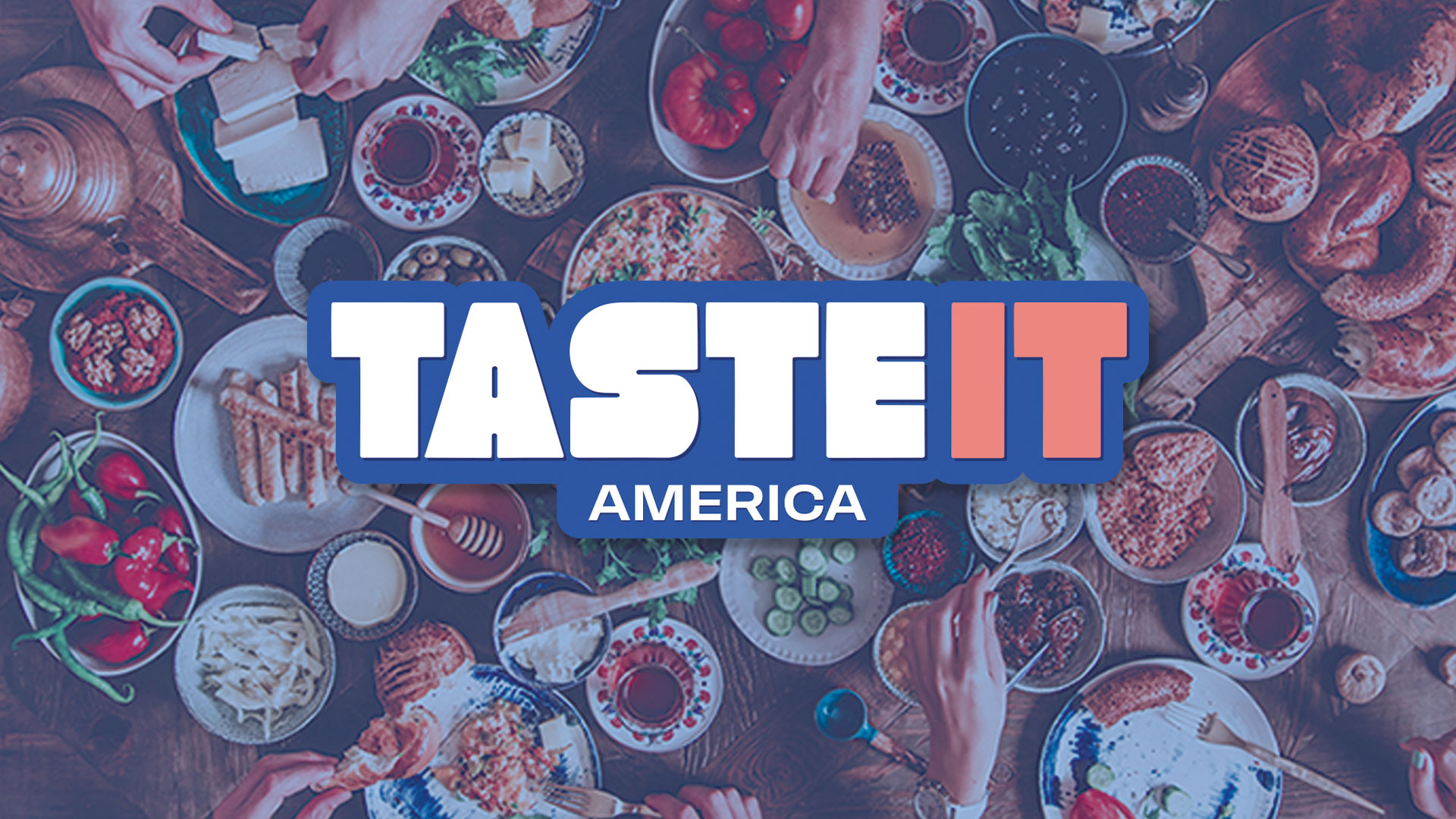About half the states have adopted so-called “Food Freedom” laws in the past few years. These laws generally recognize the right of individuals to produce and sell homemade foods without much regulation or concern about food safety. Only the contact information of the producer, ingredients in the product, and a disclosure notice that the food was made at a private residence without any state licensing or inspection are usually required.
Food Freedom acts are often popular because state lawmakers see them as economic development measures, not as an assault on food safety. In Montana, however, “Food Freedom” is not going unchallenged. The man who was Montana’s commercial food safety officer for a decade has taken “Food Freedom” to court, challenging the very constitutionality of the state’s “Food Freedom” laws.
Jeffrey P. Havens, now a licensed biology science teacher, is the “Plaintiff pro se,” suing Montana Gov. Greg Gianforte and other top state officials in Montana’s First Judicial District Court in Helena. “Pro se” means Havens is making his stand for food safety without the benefit of an attorney.
The lawsuit filed in 2023 remains on track. Havens recently added an 84-page supplement to his original 429-page complaint for Presiding Judge Chris Abbott, who is hearing the case. Michael Russell, Assistant Attorney General, is defending the state officials.
“The supplemental pleading is needed because of changes in state and national circumstances, new insights that advance previous public health and homemade food arguments, and to introduce the new arguments and exhibits to complement the original complaint,” Havens wrote in the supplemental filing.
“Exhibits 3-20 in this supplemental pleading, collectively establishing that Defendant myopically, mistakenly, and dangerously aims to return us to the ‘Gilded Age’ in Montana when there were no or few official consumers protections for human foods introduced into either intrastate or interstate commerce, especially regarding high risk food products manufactured in private homes, such as low-acid canned foods and acidified foods, which essentially means a likely future and very preventable botulinum neurotoxin outbreak that might very well result in extreme adverse human health consequences and or death” Havens argues.
Havens says the “Gilded Age” was 100 years before federal low-acid canned foods regulations existed. It was a time when high-risk foods produced in private homes were known for “extreme negative health consequences,” including deaths.
In the original complaint, Havens said that “Food Freedom“ sponsor Sen. Greg Hertz, R-Polson, Gov. Gianforte, and other state officials have willfully and negligently disregarded sound public health warnings, especially for homemade high-risk canned foods.
In the court documents, he further charges that: “This newly updated Act unconstitutionally dismisses any prevailing and superseding rights and protections of consumers to reasonable expectations of being provided unadulterated commercial food while simultaneously hoodwinking ‘home-based producers’ into using the deceptive law into manufacturing food products that have likely already been subject to interstate and international commerce regulations through its allowance of both interstate and international ingredients, and denial of local authorities from exercising their consumer protections through abusive preemption by the state legislature.”
Montana law further removes “local from any meaningful application in this Act by prohibiting operators of local farmer’s markets and local county boards from establishing their own local rules to defend the prevailing and superseding rights and protections of consumers from very preventable sources of a future botulinum toxin outbreak, which are often fatal to humans.”
In his original complaint, Havens finds Montana’s “Food Freedom” laws in conflict with these three provisions of the state’s Constitution:
Equal Protection — the Act negligently focuses on food product transactions and food producers, not superseding consumer protections and rights, which results in consumers being “denied the equal protection of the laws,” required in the Montana Constitution, Mont. Const. art. II, §4, despite the vague and ambiguous “informed end consumer” provision;
Separate Subjects — the Act failed to separate the actual and real subjects of this deceptive law, which are local intrastate commerce from nonlocal interstate commerce, in which the Montana Constitution requires each “bill. . . shall contain only one subject, clearly expressed in its title. If any subject is embraced in any act and is not expressed in the title, only so much of the act not so expressed is void,” Mont. Const. art. V, § 11 (3). Reasonable persons understand that there is nothing “local” about nonlocal and international food ingredients that have already been subject to interstate commerce.
Local Government Powers — the Act denies local government powers from being exercised on behalf of the prevailing and superseding rights and protections for consumers entitled to unadulterated commercial “homemade” food that meets reasonable safety standards. The reasonable safety standards in this circumstance for homemade food were codified in 2015 under Montana’s cottage food allowance in § 50-50-101 et seq., MCA, and further clarified in 37.110.501 et seq., Administrative Rules Montana (ARM).
(To sign up for a free subscription to Food Safety News, click here)

